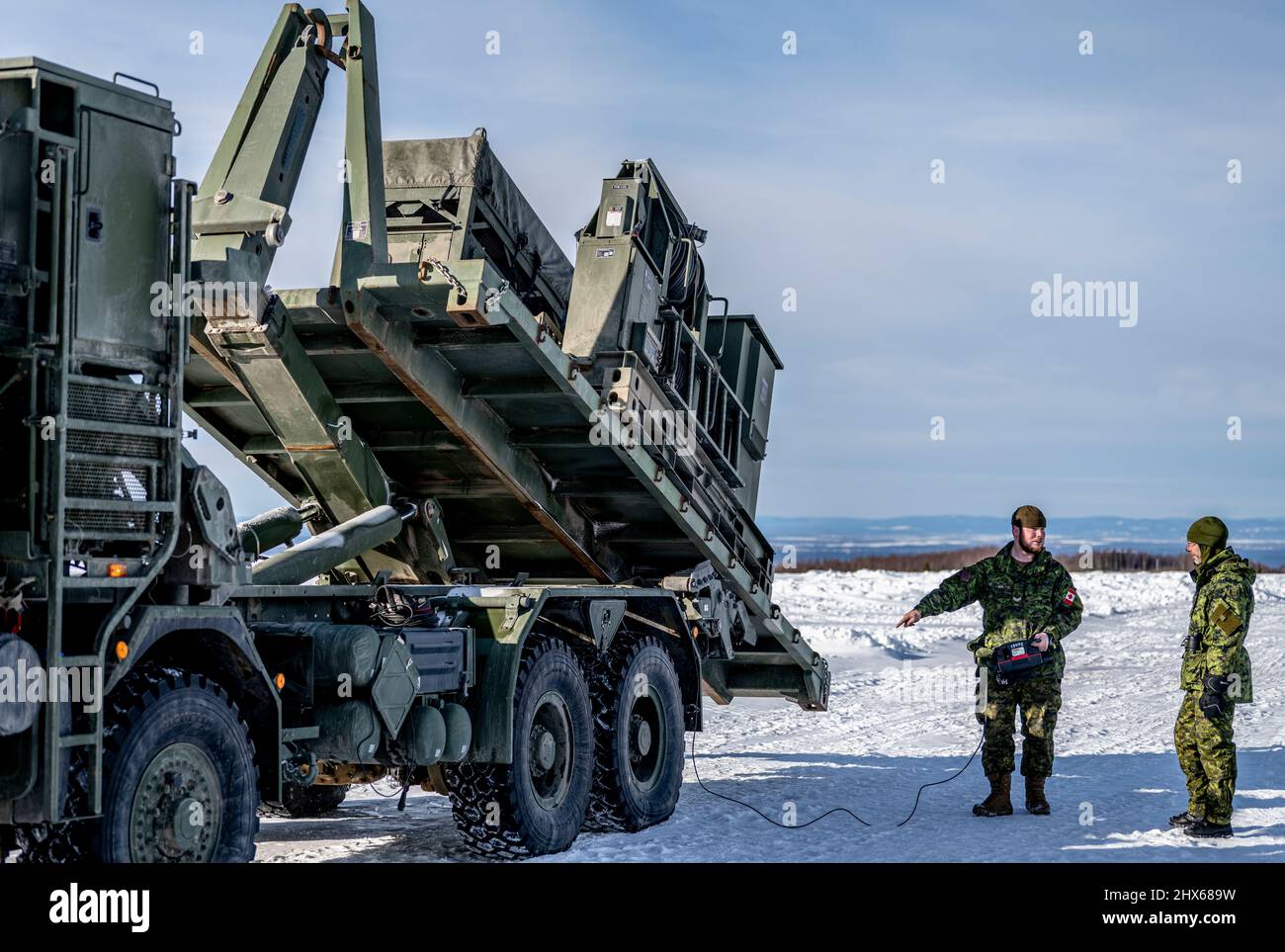Top Secrets Behind Military Lithium Batteries: A Deep Dive
Let’s get straight to the point: lit en batterie militaire—or military lithium batteries—are more than just power sources. They’re the backbone of modern military technology, powering everything from drones to communication systems. But what makes them so special? Why are they so crucial in today’s battlefield? If you’ve ever wondered about the science, technology, and strategy behind these energy-packed wonders, you’re in the right place. In this article, we’ll break it down for you in a way that’s easy to digest but packed with insights.
Now, before we dive headfirst into the world of military lithium batteries, let’s set the stage. These aren’t your average AA batteries you pick up at the convenience store. We’re talking about high-performance, long-lasting, and ultra-reliable power solutions designed to operate under extreme conditions. Whether it’s freezing cold, scorching heat, or rugged terrain, these batteries have got the job covered. But how do they pull it off? That’s the million-dollar question we’re about to answer.
One thing’s for sure: understanding lit en batterie militaire isn’t just for engineers or tech geeks. It’s for anyone curious about how modern militaries stay ahead of the game. So, buckle up because we’re about to take you on a journey through the world of military-grade lithium technology, and trust me, it’s going to be an eye-opener. Let’s go!
What Exactly Are Military Lithium Batteries?
Alright, let’s start with the basics. Military lithium batteries, or lit en batterie militaire as the French would say, are specialized energy storage devices designed specifically for military applications. Unlike regular consumer batteries, these babies are built to last, deliver consistent power, and withstand the harshest environments imaginable. Think about it—soldiers in the field can’t exactly stop for a recharge when their GPS or radio dies. That’s where these bad boys come in.
Here’s the kicker: military lithium batteries aren’t just one type. There are different kinds, each tailored to specific needs. For example, you’ve got lithium-ion batteries, which are great for rechargeable devices, and lithium-thionyl chloride batteries, which are perfect for long-term, non-rechargeable applications. But what ties them all together is their ability to provide reliable power when it matters most.
Why Are They So Important?
Let’s break it down. Military operations rely heavily on technology, and that tech needs power. Whether it’s night-vision goggles, satellite communication systems, or even unmanned aerial vehicles (UAVs), all of these gadgets depend on batteries to function. Without reliable power, soldiers are left in the dark—literally and figuratively. That’s why military lithium batteries are considered mission-critical components.
Here’s a quick rundown of why they’re so important:
- They offer high energy density, meaning they pack a lot of power into a small package.
- They have a long shelf life, often lasting years without losing their charge.
- They perform well in extreme temperatures, from freezing cold to blazing heat.
- They’re lightweight, making them easy to carry in the field.
See what I mean? These batteries aren’t just tools—they’re lifelines.
How Do Military Lithium Batteries Work?
Now that we know why they’re important, let’s talk about how they work. At their core, military lithium batteries function similarly to other lithium batteries, but with some serious upgrades. The magic happens through a chemical reaction between lithium ions and the battery’s electrodes. When the battery is in use, lithium ions move from the negative electrode (anode) to the positive electrode (cathode), generating electricity in the process.
What sets military lithium batteries apart is their advanced materials and construction. For instance, many military-grade batteries use specialized electrolytes that enhance performance and durability. Plus, they’re often encased in rugged, waterproof housings to protect them from the elements. It’s like giving a regular battery a superpower boost.
The Science Behind the Power
Let’s dive a little deeper into the science. Lithium is the lightest metal on the periodic table, and it has an incredible ability to store energy. When combined with other materials, like cobalt or manganese, it creates a powerful electrochemical reaction. This reaction is what gives lithium batteries their high energy density and long lifespan.
Here’s a fun fact: lithium-ion batteries can charge and discharge thousands of times without losing much capacity. That’s why they’re perfect for rechargeable devices used in the field. On the other hand, non-rechargeable lithium batteries, like lithium-thionyl chloride, can last for decades without needing a replacement. Talk about efficiency!
Applications of Military Lithium Batteries
So, where exactly do you find military lithium batteries in action? The answer is pretty much everywhere in modern military operations. From powering portable electronics to fueling large-scale systems, these batteries are the unsung heroes of the battlefield. Let’s take a closer look at some of their most common applications.
Portable Electronics
One of the biggest uses of military lithium batteries is in portable electronics. Think night-vision goggles, GPS devices, and handheld radios. These gadgets are essential for soldiers in the field, and they need reliable power to function properly. Lithium batteries deliver just that, providing consistent power even in the toughest conditions.
Unmanned Systems
Another major application is in unmanned systems, like drones and robots. These systems often require lightweight, high-energy-density batteries to stay airborne or mobile for extended periods. Military lithium batteries are the perfect fit, offering the power and durability needed for long missions.
Vehicle and Equipment Power
Finally, military lithium batteries are used to power vehicles and equipment. From tanks to trucks, these batteries ensure that critical systems stay operational, even in the harshest environments. Plus, they’re often used in hybrid and electric vehicles, providing a cleaner, more efficient alternative to traditional fuel sources.
The Advantages of Military Lithium Batteries
Now that we’ve covered the basics and applications, let’s talk about the advantages. Why do militaries around the world choose lithium batteries over other options? The answer lies in their unique combination of features. Here are some of the top benefits:
- High energy density: More power in a smaller package.
- Long lifespan: Many lithium batteries can last for years without needing replacement.
- Temperature resistance: They perform well in extreme heat and cold.
- Lightweight design: Easier to transport and carry in the field.
- Rechargeable options: Perfect for devices that need repeated use.
These advantages make military lithium batteries the go-to choice for modern militaries. But like anything, they’re not without their drawbacks.
Challenges and Limitations
While military lithium batteries are amazing, they do come with some challenges. One of the biggest is cost. High-performance batteries don’t come cheap, and the advanced materials and construction used in military-grade models drive up the price even further. Plus, there’s the issue of disposal. Lithium batteries can be difficult to recycle, and improper disposal can harm the environment.
Another limitation is safety. While rare, lithium batteries can overheat or even catch fire if damaged or improperly used. That’s why military-grade batteries undergo rigorous testing and quality control to ensure they’re safe for use in the field.
Addressing the Challenges
Military organizations are constantly working to address these challenges. Researchers are exploring new materials and technologies to make batteries more affordable, sustainable, and safe. For example, solid-state batteries are being developed as a potential replacement for traditional lithium-ion batteries, promising even better performance and safety.
Meanwhile, recycling programs are being implemented to reduce the environmental impact of battery disposal. By investing in research and development, militaries aim to make lithium batteries even better in the future.
Future Trends in Military Lithium Batteries
Looking ahead, the future of military lithium batteries is bright. Advances in technology are paving the way for even more powerful and efficient batteries. Here are a few trends to watch:
- Solid-state batteries: Offering improved safety and energy density.
- Wireless charging: Allowing devices to recharge without physical connections.
- Energy harvesting: Using solar, kinetic, or thermal energy to supplement battery power.
- AI optimization: Using artificial intelligence to optimize battery performance and longevity.
These innovations could revolutionize the way militaries use and rely on batteries, making them even more indispensable in the years to come.
Conclusion: Why Military Lithium Batteries Matter
In conclusion, lit en batterie militaire—or military lithium batteries—are an essential part of modern military operations. They provide reliable, long-lasting power for everything from portable electronics to large-scale systems. While they come with challenges, their advantages far outweigh the drawbacks, making them the preferred choice for militaries worldwide.
So, the next time you hear about a drone flying over a battlefield or a soldier using night-vision goggles, remember the unsung hero behind it all: the military lithium battery. And if you’re curious to learn more, don’t hesitate to leave a comment or share this article with your friends. Together, let’s keep the conversation going!
Table of Contents
What Exactly Are Military Lithium Batteries?
How Do Military Lithium Batteries Work?
Applications of Military Lithium Batteries
The Advantages of Military Lithium Batteries
Future Trends in Military Lithium Batteries

Lit de camp militaire Parenthèse Vintage

Lit de camp militaire Parenthèse Vintage

salon Critique Compagnon lit en batterie militaire Prestigieux